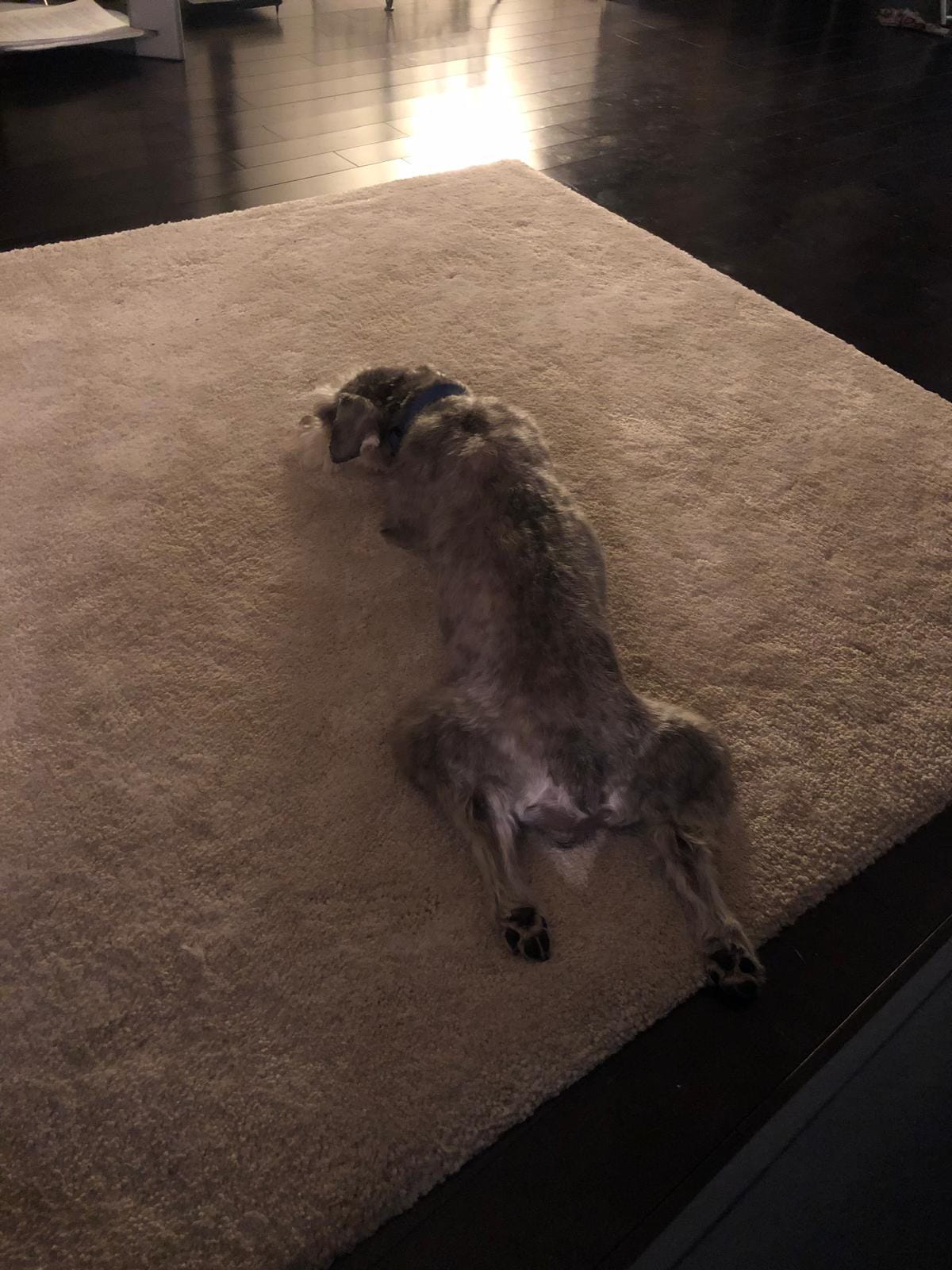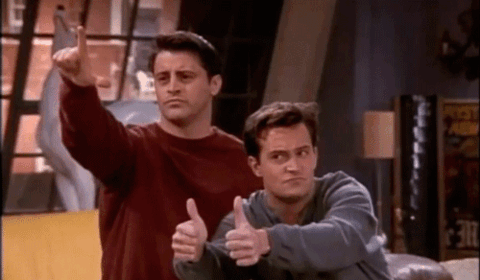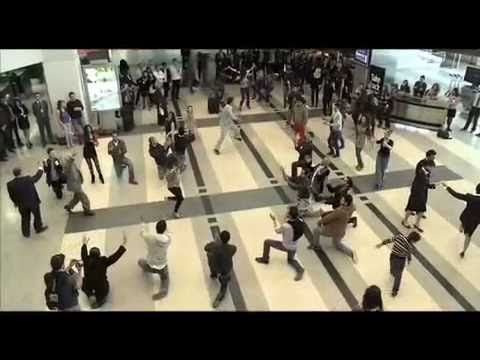“YOU HAVE VERY SMALL BREASTS.”
The tech is shouting this into my ear in Turkish over the whirr of the machine.
She’s positioning and repositioning me on the sliding bed, which I’m lying on face down, with my head in a hole like you’d find on a massage table, except less comfortable. My boobs are in two other holes, where, if she can manage to situate me properly, they will be scanned by the MRI. But that doesn’t seem to be happening just yet.
She repeats herself, moving me more to the left.
“Your breasts are very small!”
She laughs. I laugh, too, as if I haven’t been ultra aware of this fact since puberty. As if this is all a big joke. Or maybe because I want it to be.
After finding a lump in my breast in the spring of last year, I had a lumpectomy. It was no day at the beach, but definitely not the worst possible scenario. The lump was benign, which they suspected it would be. I’ve been getting scans every six months since, which have been all clear. But three weeks ago, late at night in bed, I found another one.
My first thought was, “Shit. They’re going to have to cut me open again.”
My second, “Or what if it’s worse than that?”
I managed to reign in my panic until I spoke to a doctor who’s a family friend. He looked through my records, and told me what no other doctor had thus far: that I have fibrocystic (i.e dense) breasts, which is very common. Then he suggested what no other doctor had thus far: that an MRI would be a more accurate indication of what’s going on. He didn’t seem concerned, which obviously didn’t stop me from spiralling into worst case scenarios. Especially since, the same week I found the lump, I’d learned that two people I love have breast cancer.
Now, face down on this MRI table, with my (“So small! Hahaha!”) boobs apparently in the right spot, I’m slid into the tube. Then slid out. Then in. Then out. It takes 20 more minutes for them to move me around so my breasts are… visible without a microscope, I guess? In the end, I’m in almost the same posture as Django when he’s having a passive aggressive nap on the floor.
The beeping and clanging of the machine begins. I tell myself that I’m just in a chill out room at a club, with house music playing next door. I reminisce about an MRI I had in Canada, where they gave me not only drugs to calm me down but noise-cancelling headphones, which they hooked up to an episode of Friends. It was the most fun I’d had in weeks.
Being face down helps with the claustrophobia, but it also means that my right arm is at such an odd angle that it starts to go numb in 10 minutes—but not numb to disguise the pain that starts shooting from my shoulder to my fingers.
I remind myself of how lucky I am. How millions of people who are suffering so much more than I am right now. But then the worst case scenarios take over, and then the pain, and then the resentment at the MRI tech and the numerous surprise expenses I’ve had at this hospital today. These are then drowned out by memories of how the last time I went through this, the poet was by my side, and the empty, hollow feeling of his absence now.
Do not cry in the MRI machine.
You’re so lucky. It could be so much worse.
What if it is so much worse?
The whole process takes an hour. Ten minutes before it’s over, the tech slides me out one more time to inject dye into in my arm, by which point I’m so uncomfortable, sad and freaked out that it’s all I can do not to bite her.
My world has shrunk down to the size of a tunnel, with enough room only for me.
I’ve been thinking, lately, about shrunken worlds. So many times over the past year I have burned with rage, not only at the people who are murdering children and the ones funding that murder, but at the ones who aren’t talking about it.
I’ve gone into silent, white hot fury at friends, at strangers on 12-step meetings, at random people in the street. I know this isn’t helpful. Turning on each other is not going to stop this or any genocide, or war, or other catastrophe we’re collectively facing. Shaming and finger-pointing never made anyone do better, at least not in the long run.
And if you’d told me, that day of the exploding pagers, that in three weeks I’d feel this self-centred, I would have scoffed.
But here I am, the subject of a million social media rants.
A victim of my most judgemental thoughts.
Before I started working with my current sponsor, I warned her that I am loudly and publicly anti-genocide, and anti-the colonial party line on the situations in Palestine, Lebanon and Syria. She’s American, so I figured it needed to be laid out up front.
Thankfully, it wasn’t an issue for her. But, she added, she isn’t able to think much about what’s going on in the Middle East. She said, “I have to live with tunnel vision.”
She’s a queer single parent living in a Republican state.
Here in Turkey, the work week for most people is six days, usually for more than eight hours a day. The techs in this hospital have watched me drop, in one afternoon, for one MRI scan, what is just under a month’s minimum wage in this country.

I came here, three years ago, in the search for a more connected life. I wanted to be close to the sea, but also to food sources. I wanted to be around people who had more time and presence and sense of community and care than my North America-dwelling peers could afford. And also, I knew that being here on my Canadian salary, I would be able to afford to have more time and presence.
What I found instead was that almost everyone here, like (I’m learning) almost everyone everywhere, is in two camps. They’re either so exhausted and worn down from the system they have to live with tunnel vision, or they’re trying to take advantage of the first group.
And despite my best intentions, I have become part of both.
Two days later, I get the MRI test results.
Sort of.
“There is a lump,” the translator confirms by phone as I sit, shaking, at an outdoor cafe overlooking the sea. “But we don’t know what it is.”
“WELL GOOD FUCKING THING I WENT THROUGH ALL THAT, THEN,” I want to snap.
But I remember my sponsor, his Turkish salary, and the invisible battles we are all fighting. Also, part of me is already long gone to Worst Case Scenario-Land.
“Please come back and speak to the doctor,” he says. “He can decide if you need a biopsy.”
I scrape my wits together ask him to send me the scan results.
I send them to the angel family friend doctor, who isn’t going to get paid money to tell me I need to get cut open again or have more tests.
Two excruciating hours later, he responds.
“You have a lump that’s infected,” he says. “Get an ultrasound in three months. You have nothing to worry about.”
I probably don’t need to tell you what I did after that.
These three years in Turkey have been incredible, and challenging, and delicious and, in many moments, surreally mind-bending. They’ve brought beautiful people into my world. They’ve forced me to grow up in ways I could never have imagined—even more so because I also recommitted to my recovery three years ago.
They’ve also been the loneliest three years of my life.
My time here has taught me that being connected is about so much more than beaches and fresh fruits and more time and more money. It’s about being of service. It’s about being part of the solution, which means doing everything possible to stay out of tunnel vision. And most importantly, when you can’t do those things, it’s about having friends around you who will crawl into that tunnel with you and hold your hand until you find your way out.
At the risk of repeating myself, having the resources to be able to care for one another cannot be luxury that only some of us should be privileged enough to have.
Because it’s the only thing that’s going to save us all.
If you’d like to support my writing with a 1-time donation, please click here:
You might also like these posts:
For Lebanon, with Love
There are few things less enticing than finding yourself alone at a wedding.
Love Thy Neighbour (even when shouting at them from thy car)
It’s Sunday morning in Fethiye, and I’m stopped at a red light. Or so I think.









Dearest Nat,
As always your writing, thoughts and feelings touch my every nerve ending; caught up as I am in the everyday business of just getting through, attempting to do my best, but my best never being good enough…I hear you❤️🙏❤️
So much resonated with me in this post, lovely. I too, have dense breasts with wacky lumps. I've also had to tunnel a bit lately, trying to focus on reading and reflecting and going back to Thich Nhat Hanh for relief. Thanks, also, for the reminder that the country of my parents' birth isn't the relaxed place I remember it to be. Sending you lots of love. XOXO